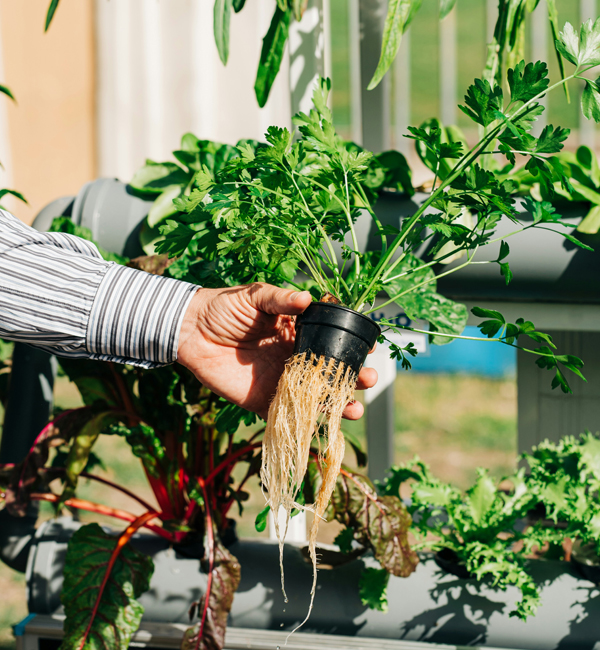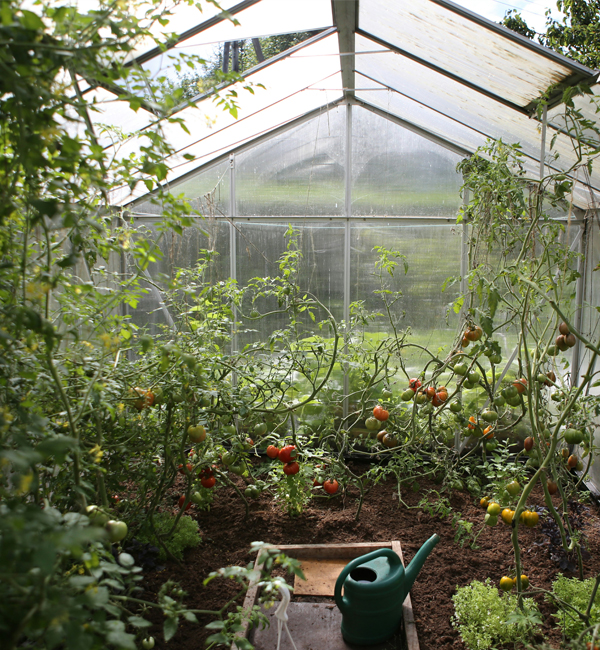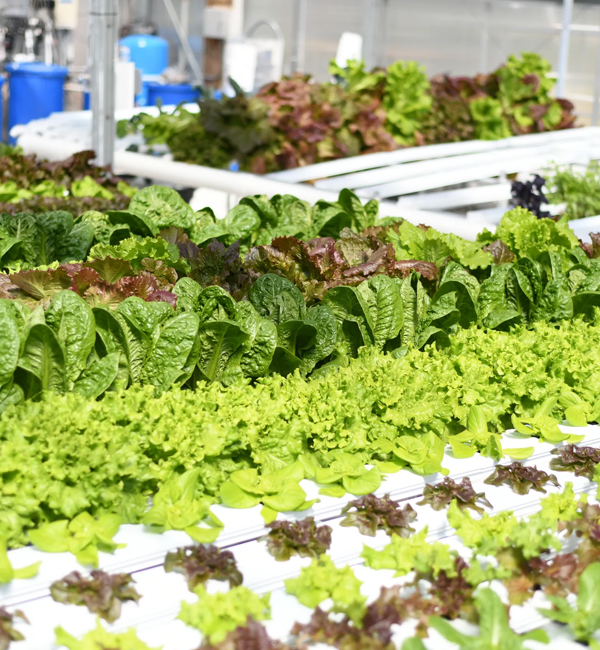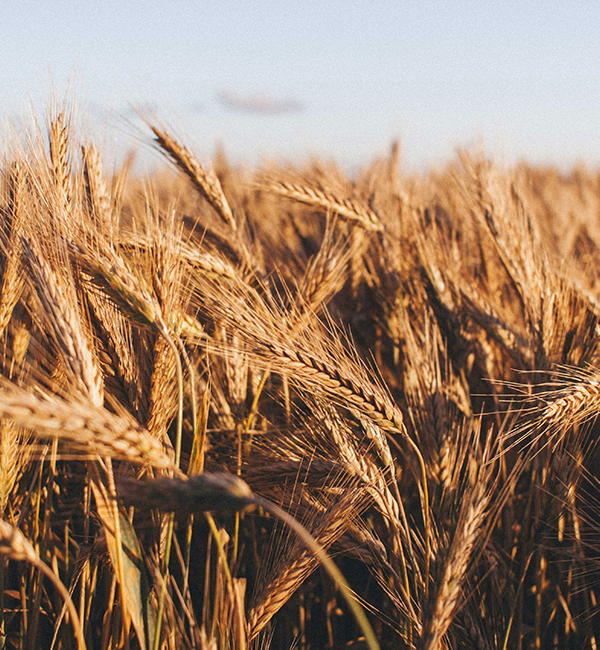I am Golnaz Toranjani,
a modern agro engineer
& Saffron aeroponics
specialist based
in Tehran.

About Agriculture and Innovation!
I’m Golnaz Toranjani Moneghi, an agricultural specialist with a deep passion for sustainable and modern farming practices. With a Bachelor of Agricultural Engineering, I’ve dedicated myself to exploring the intersection of agriculture and technology to create innovative solutions for a more sustainable future. Based in Tehran, my journey in agriculture has been driven by a love for nature, research, and hands-on experience in improving farming systems. I believe in blending traditional knowledge with cutting-edge methods to enhance productivity while preserving the environment. Let's work together to bring modern agriculture to life!
Download 2024 PortfolioExpertise
- Sustainable Farming
- Crop Management
- Agricultural Innovation
- Plant Interaction
- AI Farming
- Research & Development
Experience
Aeroculturist
Founder & Agricultural Specialist
January 2022 - Present
Leading a consultancy that focuses on sustainable agriculture, helping clients implement modern farming techniques. My work involves research and development of water-efficient systems and smart technologies to enhance crop productivity while minimizing environmental impact.
Sustainable Agriculture Institute
Researcher
August 2018 - December 2021
Conducted research on regenerative farming practices and soil health, collaborating with farmers to implement innovative solutions. Focused on developing methods that reduce resource consumption and enhance agricultural sustainability.
Education
Islamic Azad University of Roudehen
Bachelor of Agricultural Engineering
April 2017
Earned a Bachelor’s degree in Agricultural Engineering, specializing in sustainable farming practices and modern agricultural technologies. My studies equipped me with a strong foundation in crop management, soil science, and innovative techniques for enhancing agricultural productivity. I am dedicated to lifelong learning, continuously expanding my knowledge through research and online courses in sustainable agriculture.
Research
Dedicated to exploring the future of agriculture through innovation and sustainability. Below is one of my latest research projects focused on developing smart systems for home-grown crops using AI and sustainable methods.
Smart Vertical Hydroponics System for Home-Grown Crops Using AI, QR Codes, and Sustainable Development Principles
1. Introduction
Urbanization and the growing demand for sustainable food production solutions necessitate innovative approaches to agriculture. Vertical hydroponics offers a viable way to grow crops in limited spaces while conserving resources like water and energy. This research proposes the development of a Smart Vertical Hydroponics System (SVHS) that integrates artificial intelligence (AI) for real-time monitoring and care optimization, QR code technology for easy plant data access, and sustainable development principles for efficient resource management. The SVHS will allow users to grow essential crops such as cucumbers, tomatoes, and potatoes in urban settings. By utilizing AI for personalized plant care and creating an engaging user experience through QR code integration, this system aims to increase crop yields, minimize resource consumption, and promote sustainable home farming.
2. Objectives
Develop a Smart Vertical Hydroponics System for urban homes to grow essential crops like cucumbers, tomatoes, and potatoes. Integrate AI for real-time monitoring and optimization of plant care, adjusting water, light, and nutrient delivery based on sensor data. Enhance user-plant interaction by assigning each plant a personality and allowing them to "communicate" their needs through a mobile or desktop app. Implement QR code technology for easy access to real-time plant data and care recommendations. Minimize water and resource usage to align with sustainable development goals, using a water-recycling system and energy-efficient LED lighting.
3. Literature Review
Vertical hydroponics systems are known for their ability to grow plants in limited spaces without soil, reducing water consumption by up to 90% compared to traditional agriculture (Jones & Patel, 2021). Existing research shows that integrating AI into hydroponic systems can optimize resource use and increase crop yields by automatically adjusting conditions like water and nutrient levels based on real-time sensor data (Brown, 2019). However, there is a gap in the literature on combining AI, QR codes, and personalized human-plant interaction to create a fully automated and user-friendly home farming solution. This proposal builds on existing research by introducing innovative features such as assigning plants personalities and integrating real-time communication with users through mobile and desktop applications. This approach aims to make home-based farming more accessible and engaging, especially in urban environments where space is limited.
4. Methodology
4.1 System Design
The hydroponic structure will be a multi-layered vertical system designed to fit in urban spaces such as balconies or small rooms. Sensors for temperature, humidity, pH, light, and nutrient levels will be integrated into the system. The crops will grow in nutrient-enriched water, with minimal soil, maximizing space and efficiency.
4.2 AI Integration
The AI component will monitor sensor data in real-time, adjusting the environment for optimal plant growth. The AI will control irrigation, lighting, and nutrient levels automatically, ensuring each plant receives personalized care. A machine learning model will allow plants to communicate their health and needs to users through a mobile/desktop app, providing tailored care recommendations.
4.3 QR Code Technology
Each plant will have a unique QR code that users can scan to access real-time data about the plant's growth stage, nutrient needs, and environmental conditions. This system will make plant management easy and intuitive, linking users directly to the AI's recommendations.
4.4 Sustainable Development Focus
The system will include a water-recycling mechanism to minimize water consumption. Energy-efficient LED lighting will be used to optimize energy use while promoting plant growth. These sustainability features align with the principles of sustainable development, ensuring minimal resource usage while maximizing productivity.
5. Expected Outcomes
A functional vertical hydroponics system designed for urban households. AI-driven optimization of plant care, improving crop yields and minimizing resource use. Engaging user-plant interactions through the assignment of plant personalities and real-time communication via mobile/desktop applications. Significant reductions in water, nutrient, and energy use, supporting sustainability goals.
6. Potential Challenges
Data Collection: Sufficient data must be gathered to train the AI for accurate decision-making across different crop types. User Adoption: Ensuring that the plant personalities and AI interactions are engaging and user-friendly. System Optimization: Balancing system efficiency with sustainability, ensuring that the energy-saving features do not compromise plant growth.
7. Timeline
Phase 1 (0-3 months): Design and construct the vertical hydroponic system, source components, and sensors. Phase 2 (3-6 months): Develop AI algorithms for plant monitoring and care; integrate with sensors. Phase 3 (6-9 months): Develop and launch the mobile/desktop app, integrate QR code technology. Phase 4 (9-12 months): Test the system in real-world environments, refine AI models based on user feedback.
8. Budget
A solid financial plan is critical for the success of the project. Below is a detailed breakdown of the costs:
| Category | Cost Estimate | Details |
|---|---|---|
| Hydroponic System Components | $15,000 | Structure, sensors, LED lights, water-recycling system. |
| AI Development and Integration | $10,000 | AI model development, sensor integration, system optimization. |
| Mobile/Desktop Application Development | $5,000 | User interface design, QR code system integration, database management. |
| Miscellaneous Costs | $5,000 | Testing, user trials, calibration, maintenance. |
| Total | $35,000 | Includes all hardware, software, and operational costs. |
9. Financial Feasibility and Return on Investment (ROI)
9.1 Revenue Potential
Assuming that the system is marketed as a consumer product for urban households, the following financial model can be used: Initial Market Price: $1,500 per unit, based on competitor pricing for high-end home hydroponic systems. Annual Sales Target: 100 units in the first year, increasing by 25% annually based on market trends in urban farming. Total Revenue in Year 1: $150,000 (100 units × $1,500). Production Cost per Unit: Estimated at $900 (including system components, assembly, and overhead), resulting in a gross profit margin of 40%.
9.2 Operating Costs and Marketing
Marketing and Sales: $20,000 in Year 1, covering digital marketing, sales team salaries, and promotional campaigns. Customer Support and Maintenance: $10,000 annually, which includes a team for technical support and system maintenance.
9.3 Profitability and ROI
Gross Profit in Year 1: $60,000 ($150,000 in revenue - $90,000 in production costs). Net Profit in Year 1: $30,000 (gross profit - $20,000 marketing - $10,000 customer support).
Return on Investment: 85% (Net Profit / Total Investment). The long-term goal is to expand the product line and enhance features based on user feedback and technology advancements.
10. Conclusion
This research aims to develop a Smart Vertical Hydroponics System that not only enhances urban agriculture but also engages users in sustainable practices. By leveraging AI, QR code technology, and sustainable design principles, we aim to create an accessible solution for home-grown crops, promoting healthy eating and self-sufficiency in urban environments. Continued exploration and innovation in hydroponics and AI will pave the way for more sustainable and efficient agricultural practices in the future.
11. References
Brown, A. (2019). AI in Hydroponics: The Future of Smart Farming. Journal of Sustainable Agriculture, 45(3), 123-134.
Jones, M., & Patel, R. (2021). Urban Agriculture: A New Frontier in Sustainable Food Production. Environmental Research Journal, 67(5), 456-470.
Featured Works
Here are my featured works.
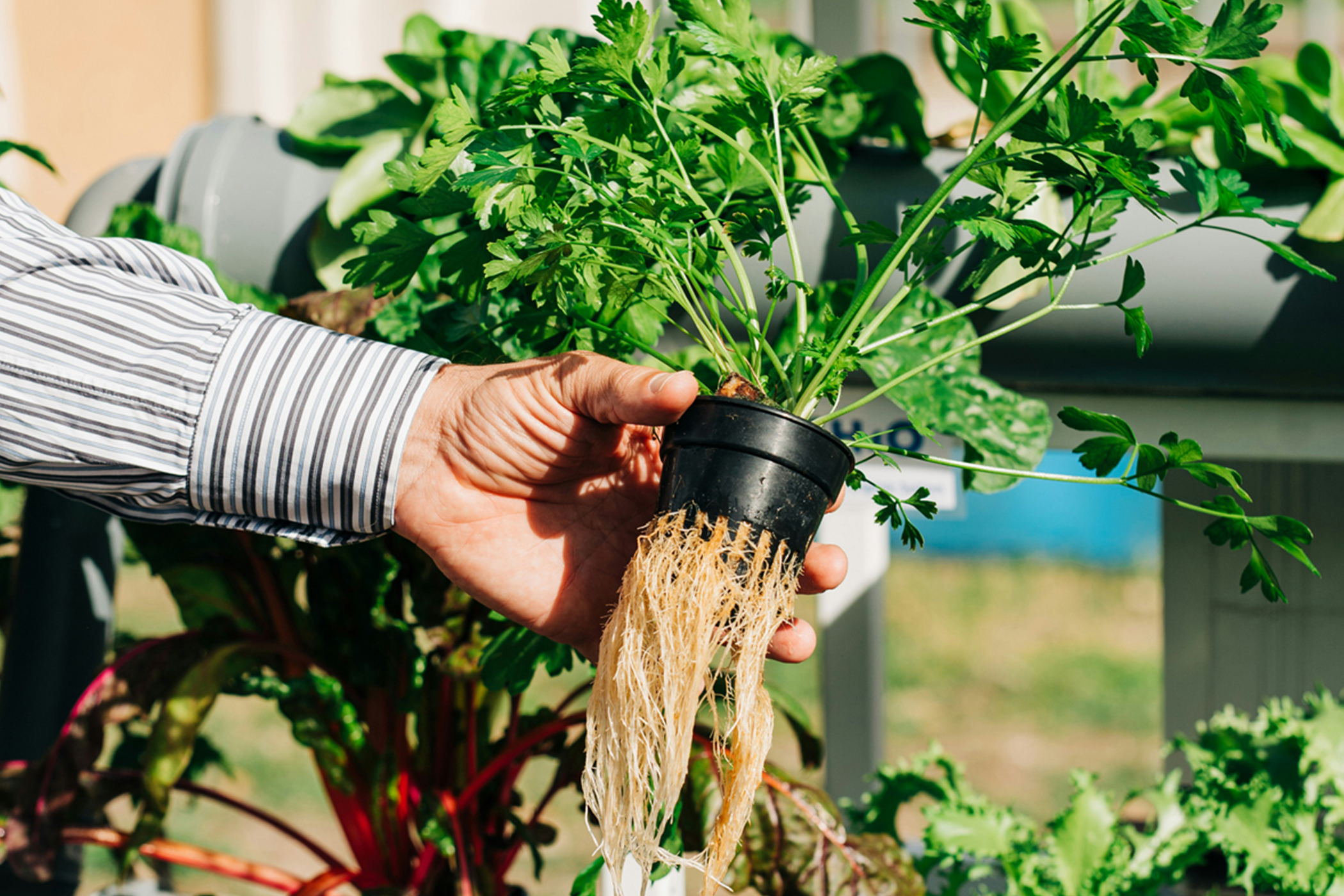
Innovative Plant Research
Exploring sustainable solutions for agriculture through advanced plant research and modern techniques. Focused on improving crop yield and resilience in various environments.
- Research
- Sustainable Agriculture
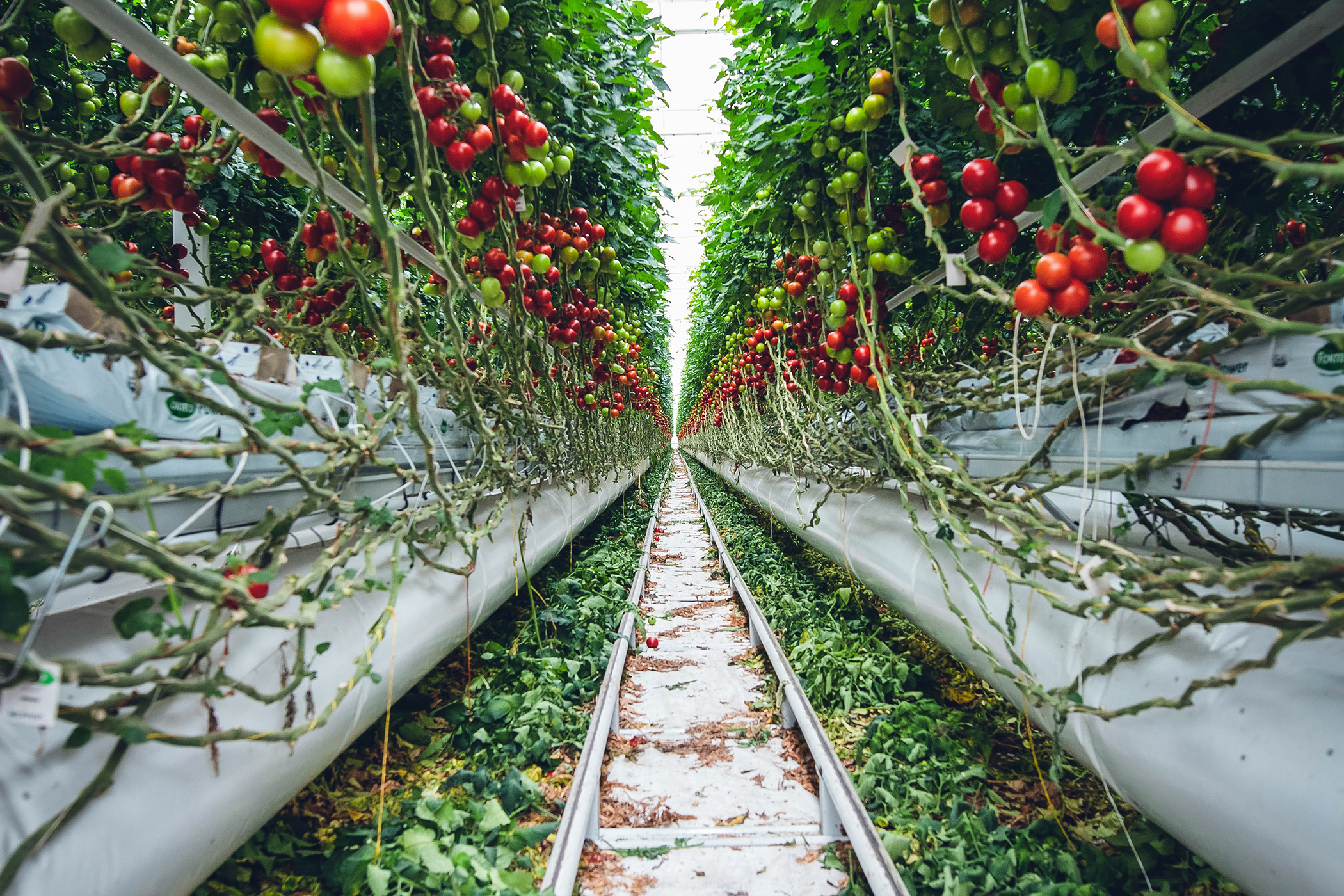
Sustainable Irrigation Systems
Designing and implementing efficient irrigation systems to conserve water while maximizing agricultural productivity. Solutions are focused on resource management and sustainability.
- Water Management
- System Design
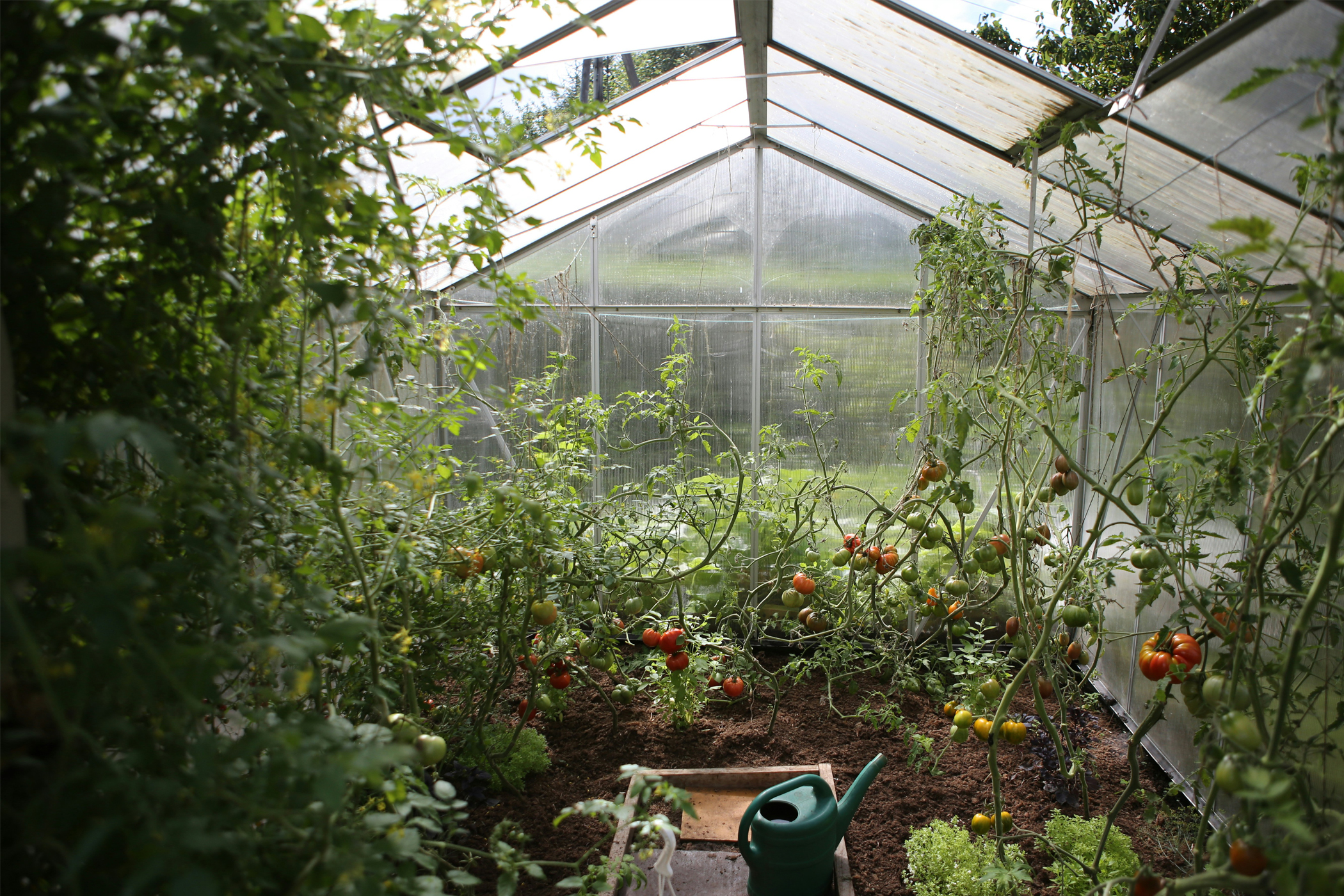
Smart Greenhouse Solutions
Utilizing smart technologies to automate and monitor greenhouse environments. Focus on optimizing conditions for plant growth, reducing energy use, and increasing crop yield.
- Agricultural Technology
- Automation
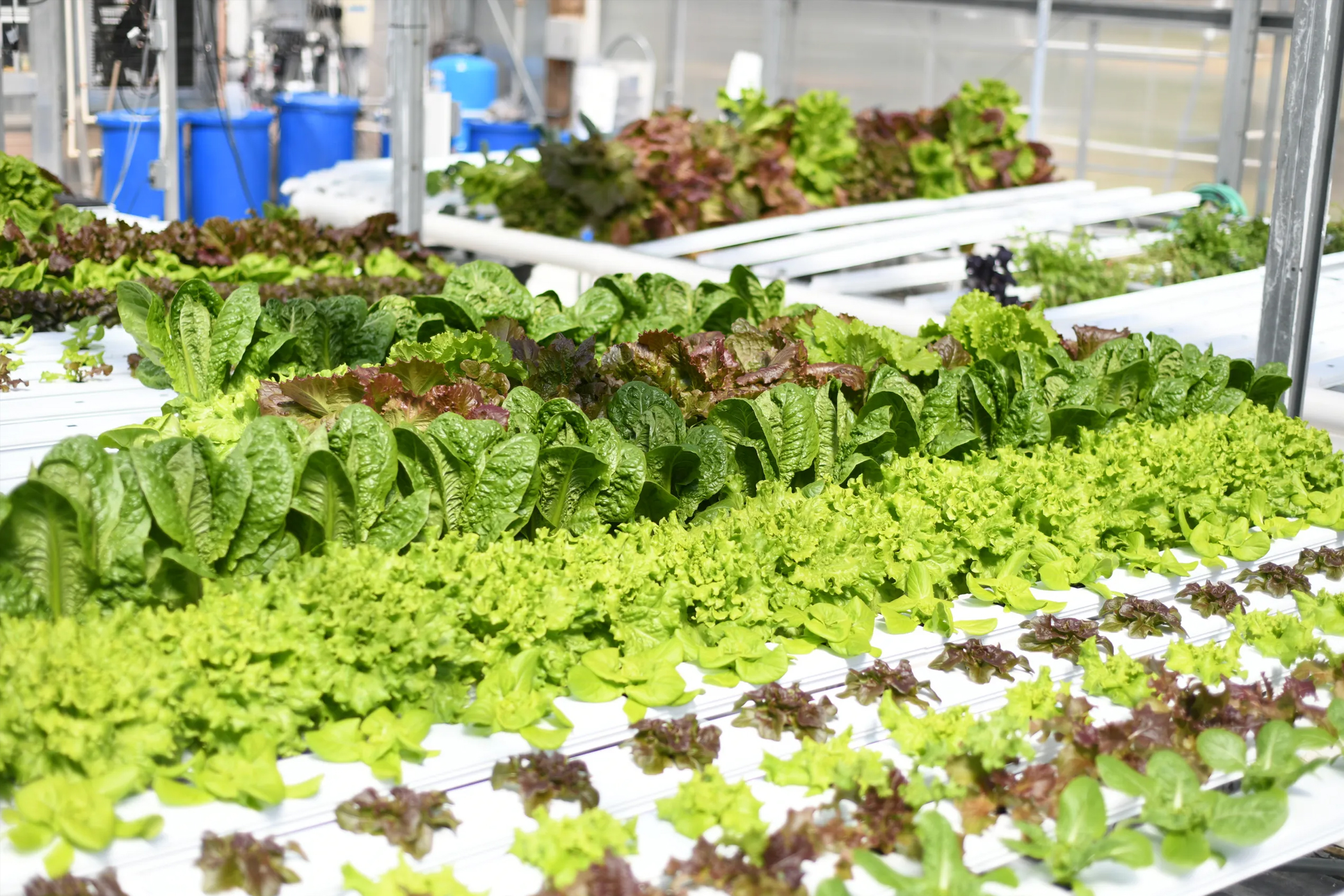
Hydroponic Farming Systems
Innovating in soilless agriculture through hydroponic systems to grow plants with minimal water usage, improving food security in water-scarce regions.
- Sustainable Agriculture
- Water Conservation
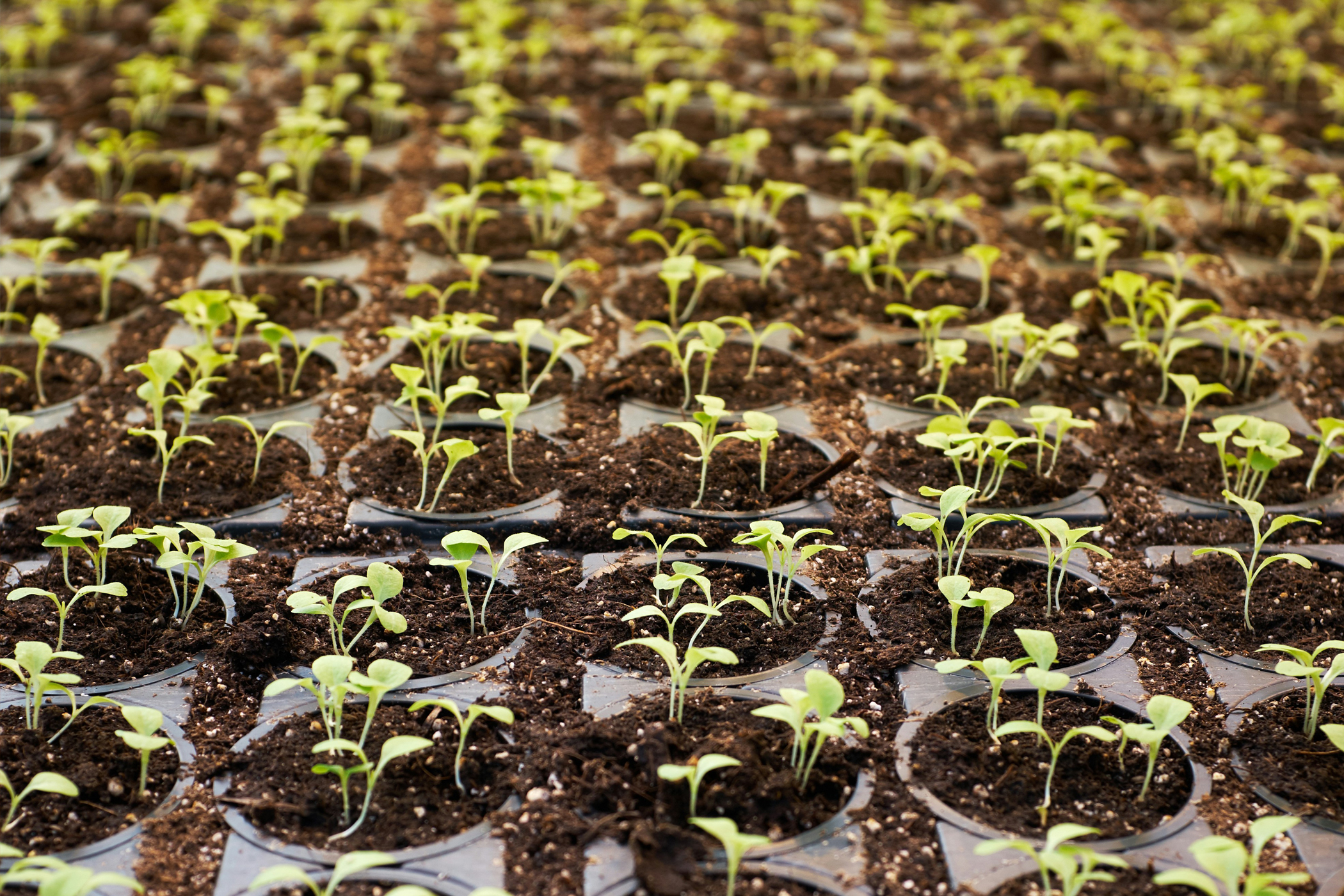
Sustainable Farming Practices
Focusing on regenerative farming techniques to restore soil health and enhance biodiversity. Developing practical methods for farmers to achieve sustainability goals.
- Regenerative Agriculture
- Soil Health
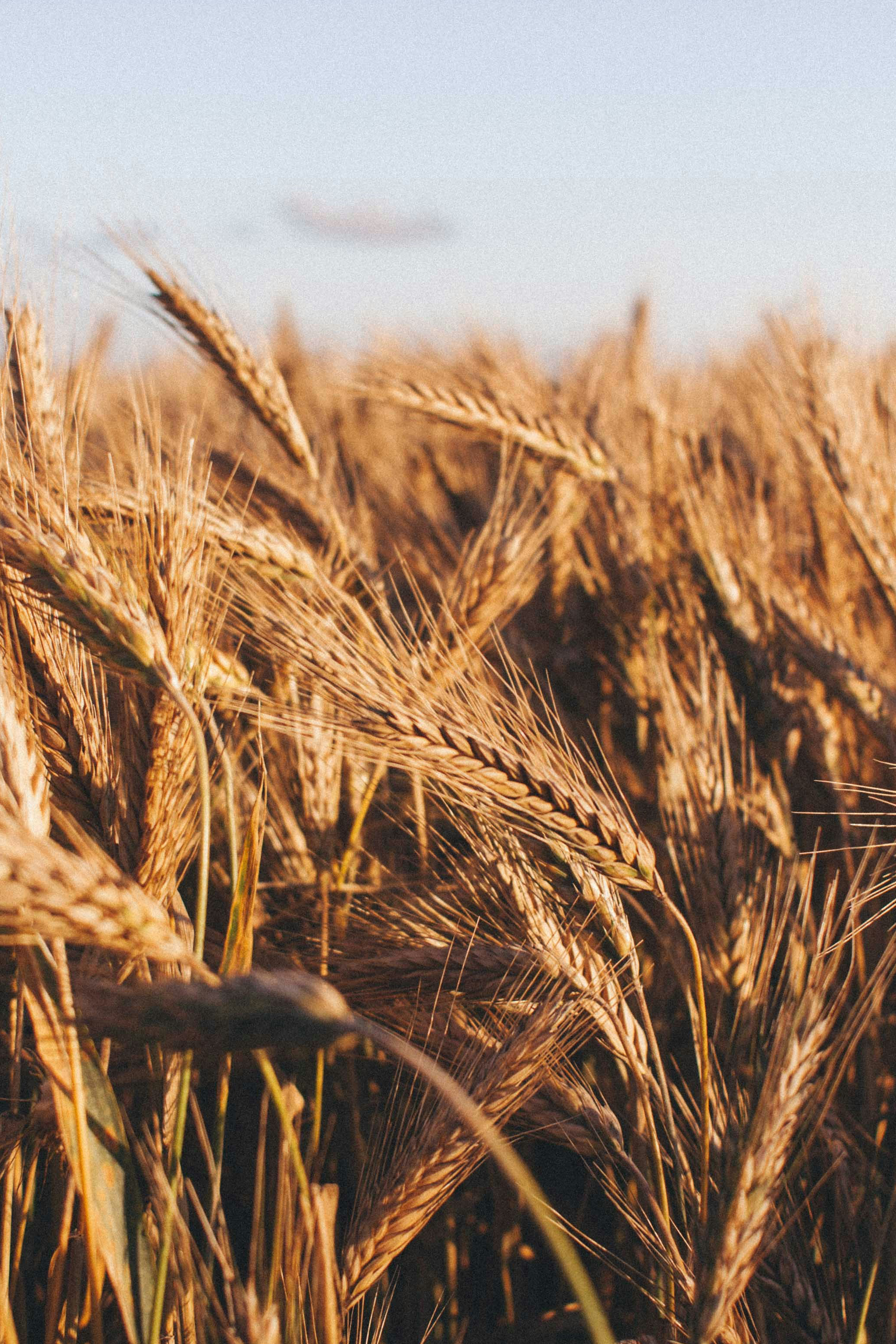
Smart Farming Technology
Integrating IoT and data-driven solutions to optimize farming processes. From precision agriculture to drone technology, revolutionizing how crops are grown and monitored.
- Agricultural Technology
- Innovation
Get In Touch
I love to hear from you. Whether you have a question or just want to chat about innovative agriculture — shoot me a message.
